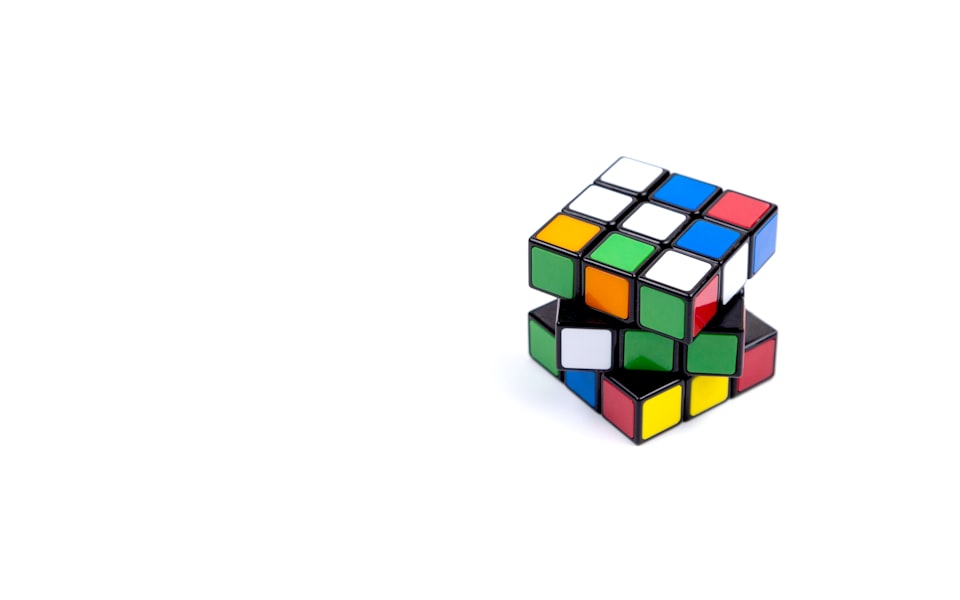Hello! It's been a while since I sat down to write. Frankly, I've been in a rut, without much creative thoughts and the necessary push to write something. I've been making stuff up to keep myself consistent in writing. Today, I wanted to write about rough or bad days, or how we choose to label them.
I've been having a rough couple of days. It's been challenging to push through them. They weren't the most challenging days, but they were moderately challenging. A sign that it's moderately challenging is that I wouldn't have written about it if it was unmanageable.
I define a day as rough when my mind is occupied with one or multiple thoughts that may or may not have accumulated over time, so much so that I'm unable to function as I usually would on a given day. These are the days when you cannot make sense of the events around you. When up is down and down is up. Sometimes it is easy to brush those thoughts aside, through the events of the day or by deliberately doing so, but sometimes it is hard. The worst part is that the more you try, the harder it becomes.
On most rough days, I used to try to blame others for it, as if their words or actions caused the day to be rough. I used to point my frustrations and potential remedies outward. I used to think things like, "Now that I've gotten used to something, if it happens again, I'll be prepared", and "If it happened differently, I would've handled it better". They may seem perfectly reasonable approaches on the surface, but if you notice the pattern, I used to give control to the event/situation that happened, not to myself. My emotional responses usually followed the "If X happens, then I'll do Y" template. This mindset takes accountability entirely out of the picture and focuses the problem on someone else.
I've realized that accountability is a crucial factor, pretty much all the time, but especially more crucial on such rough days. Accountability points the frustrations and potential remedies inward. I'm solely responsible for causing my day to be rough, not others. Stoicism talks about the dichotomy of control. When you go to a therapist, the first thing they talk about is the dichotomy of control. The dichotomy of control is the realization of what is in our control and what is not. As simple as that. On paper, it sounds like the simplest thing you've heard in your life, but in practice, it's very hard. It took me a lot of effort to get to the point where I can point out what is actually in my control and what is not. I still fail at it sometimes.
Thumb Rule: Worry about the things in your control, and don't worry about the things that are not in your control.
Again, so simple on paper. But in practice, it's incredibly hard, at least for me. One of my hardest problems to solve is how to identify that something is not in my control and not actually worry about it. You may ask me, "Okay, I get everything so far. That makes sense. You've figured out this much. Are you worrying about something that's in your control? If not, why are you having a rough day when it's about something that you can't control?"
The answer is, Yes I'm worrying about something that I can't control. I'm human. It's easy to think about it but it's much harder to implement. If I could figure out how to do it, this blog post wouldn't exist. Sometimes, I find it easy to identify it and put it into practice, but many times, I don't. This isn't linear. This isn't math where 2 + 2 always equals to 4.
One thing I realized today is that if rough days don't exist, the good days lose their value. For good days to be defined as good, there must be some days that are defined as rough. That's the reality of life. So, accept the rough days to make the good days good. How do you handle your rough days? I'd love to know if you're comfortable sharing with me. Thanks for reading. Cheers!



